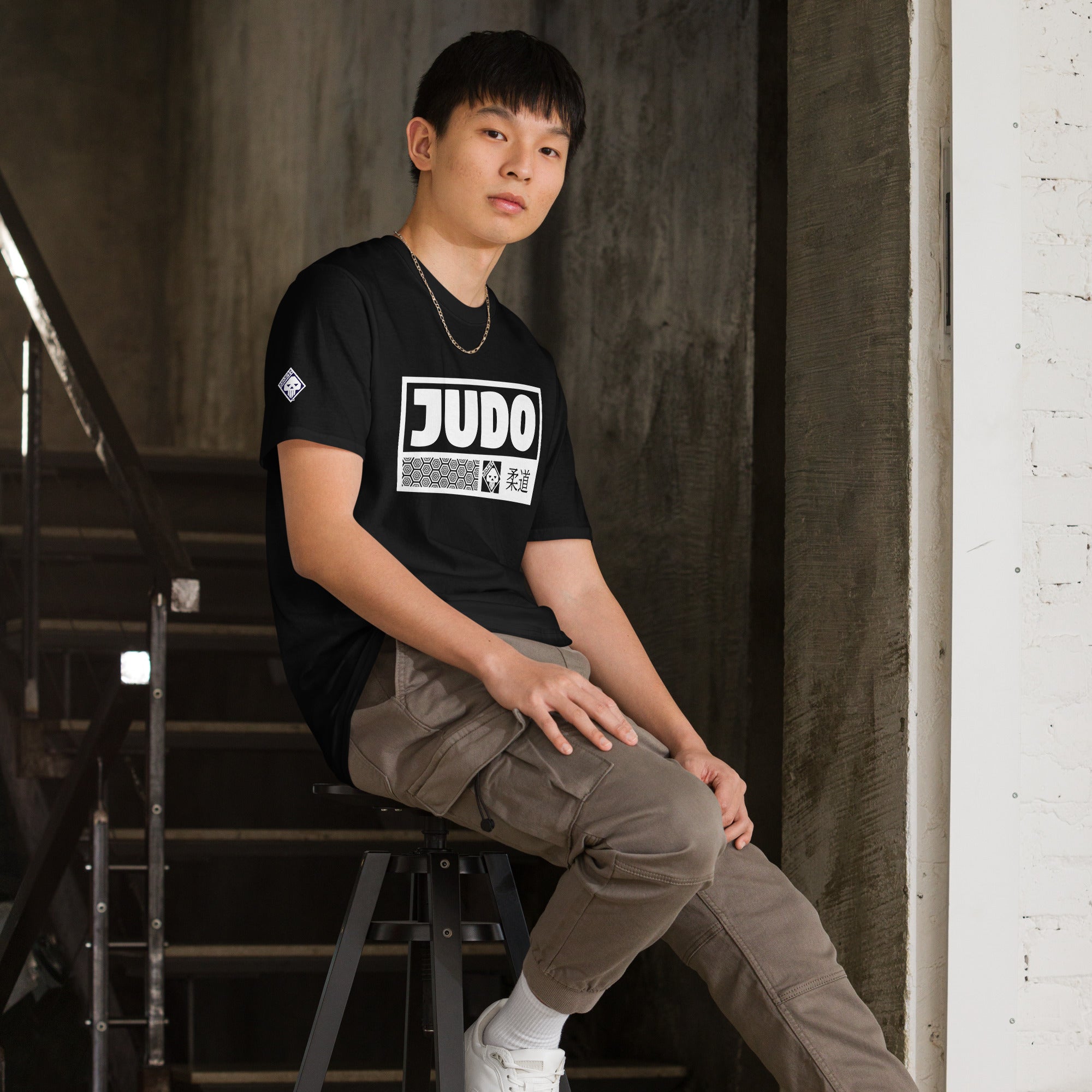Advanced Judo Training: Techniques for Continuous Improvement
Advancing your Judo skills to an advanced level requires a strategic and nuanced approach to training. Here are key techniques and principles for continuous improvement in advanced Judo:
1. Mastery of Advanced Techniques:
Shift your focus towards mastering advanced Judo techniques. This includes intricate throws, transitions, and groundwork maneuvers. Invest time in refining the nuances of these techniques to elevate your skill set.
2. High-Level Randori Sessions:
Engage in high-level Randori sessions that emulate the intensity of competitions. Train with skilled partners to sharpen your reactions, adaptability, and decision-making under realistic conditions.
3. Tactical Strategy Development:
Develop a deeper understanding of tactical strategies. Analyze opponents’ styles, strengths, and weaknesses to create personalized game plans. Advanced Judo often involves strategic intelligence and the ability to adapt on the fly.
4. Dynamic Movement Drills:
Incorporate dynamic movement drills into your training routine. Emphasize footwork, off-balancing techniques, and quick changes in direction. Dynamic movement enhances your agility and ability to control the pace of a match.
5. Thorough Video Analysis:
Utilize video analysis extensively. Record and review your own performances as well as those of high-level practitioners. Identify areas for improvement, study effective strategies, and refine your own techniques based on insights gained.
6. Specialized Uchikomi Training:
Implement specialized Uchikomi (fit-ins) training for advanced techniques. Focus on precision, timing, and fluidity. This targeted practice refines muscle memory and ingrains the subtleties of complex throws.
7. Transition Mastery:
Develop expertise in transitions between standing and ground techniques. Advanced Judo often involves seamless transitions, and mastery in this area can catch opponents off guard and create strategic advantages.
8. Tactical Decision-Making in Real Time:
Practice tactical decision-making in real time during Randori. React to your opponent's movements, exploit openings, and adjust your strategy on the spot. This skill is crucial for success at advanced levels.
9. Competitive Exposure:
Seek exposure to high-level competitions. Competing against skilled opponents exposes you to diverse techniques and strategies, providing valuable experience that contributes to your growth as an advanced Judoka.
10. Progressive Resistance Training:
Integrate progressive resistance into your drills. Gradually increase resistance during Uchikomi and Randori to simulate the challenges of a live match. This approach builds strength, adaptability, and endurance.
11. Intuitive Grappling Instinct:
Cultivate an intuitive sense of grappling. Advanced Judokas often develop an instinctual understanding of their opponent's movements, enabling them to anticipate actions and react effectively.
12. Periodized Training Cycles:
Implement periodized training cycles to vary the intensity and focus of your training. This approach helps prevent burnout, promotes recovery, and ensures that your training remains dynamic and effective.
13. Cross-Disciplinary Training:
Explore cross-disciplinary training in related martial arts or sports. Incorporating elements from disciplines such as Brazilian Jiu-Jitsu or wrestling can provide new perspectives and enhance your overall skill set.
14. Adaptive Randori Strategies:
Develop adaptive strategies during Randori. Be flexible in your approach, experiment with different techniques, and adapt your style based on your opponent's strengths and weaknesses.
15. Mental Toughness Conditioning:
Strengthen your mental toughness through specific conditioning exercises. Simulate high-pressure situations in training to build resilience and the ability to perform at your best under stress.
16. Incorporate Judo-Specific Fitness:
Design fitness routines that specifically target Judo-specific demands. Include exercises that mimic the intensity, duration, and physical requirements of a Judo match.
17. Injury Prevention and Recovery:
Prioritize injury prevention and efficient recovery strategies. Consistent training at an advanced level puts strain on the body, and maintaining optimal health is crucial for sustained improvement.
18. Mentorship and Collaboration:
Seek mentorship from advanced Judokas and collaborate with peers who share a commitment to improvement. Exchange insights, engage in collaborative drills, and learn from the collective wisdom of experienced practitioners.
By integrating these advanced training techniques into your regimen, you can foster continuous improvement in your Judo skills. Consistency, adaptability, and a commitment to refining both technical and tactical aspects will propel you to new heights in the advanced stages of your Judo journey.




